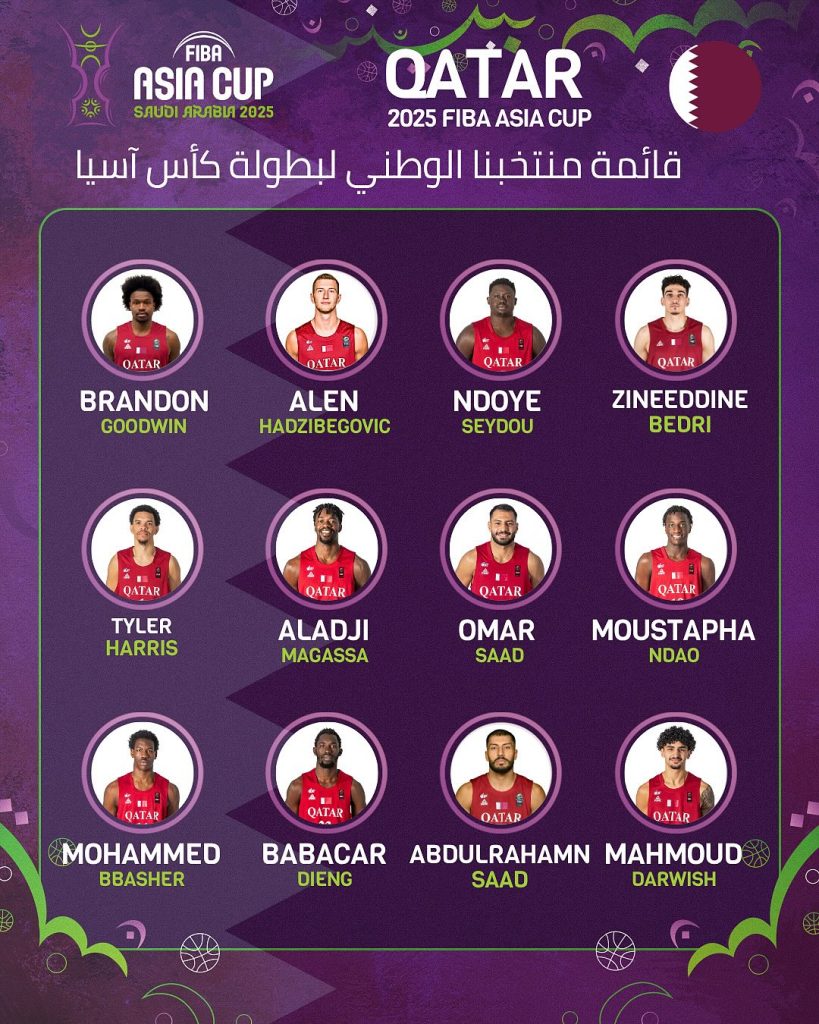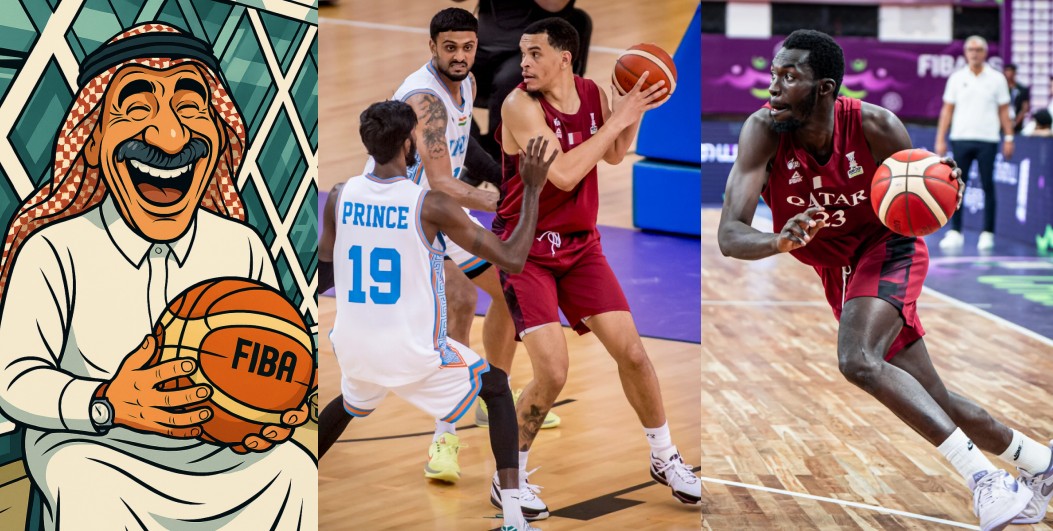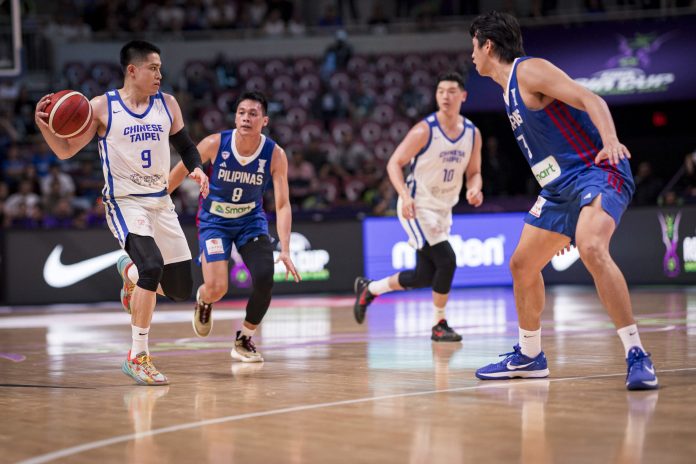Australia, New Zealand, China, and Iran are rightfully being hailed as among the strong medal contenders in the 2025 FIBA Asia Cup. Maybe Jordan, Lebanon, and South Korea are in the mix, too, and even the Philippines with Justin Brownlee. But don’t be surprised if Qatar emerges as a darkhorse.
After all, it’s a team with some pretty good players, like Tyler Harris (16.8 points and 9.5 rebounds in the FIBA Asia Cup Qualifiers), Ndoye Seydou (10.0 points and 5.8 rebounds), and Babacar Dieng (8.8 points). Qatar also has NBA G.League standout Brandon Goodwin set to run the point in Jeddah.
Whether these key players actually have Qatari descent is another matter altogether.
Goodwin, a well-travelled hooper fresh from a stint in the CBA in China, is out of the question. He’s an American, born and raised in the US and without a drop of Qatari blood. He will be playing as Qatar’s naturalized point guard, just as Brownlee is doing for Gilas. FIBA allows each country to field in one naturalized player in a tournament, so Goodwin’s inclusion in the Qatari lineup is certainly fair game.
Harris, though, is a different matter. The brother of NBA veteran Tobias Harris, the 6-foot-7 Tyler is an American as well like Goodwin but has been classified as a local by FIBA. The basis of classifying Harris as a Qatari local remains puzzling as the former Auburn University standout landed in this Middle Eastern country only in 2022 when he first played in the Qatari D1. He has since made Qatar his “home away from home,” settling in the country and deciding to get involved in local hoops while growing his family, according to Doha News.
Harris falling in love with Qatar is a feel-good story for sure. But is it really enough to grant him eligibility as a local? If such is the case, the Philippines’ Greg Slaughter should’ve been declared a local long ago, not in 2018.
A legitimate Filipino-American, Slaughter was for the longest time ruled ineligible to play for Gilas as a local simply because he didn’t have a Philippine passport by the age of 16. FIBA, it appears, wasn’t swayed at first by the fact that Gregzilla moved to the country permanently at 19 and obtained a college degree here. The 7-foot-1 Slaughter was only cleared to play as a local for Gilas in 2018 when the SBP appealed his status—or a full 11 years after he made the Philippines his home.

Qatar’s Finest or Hoopers for Hire?
Say, for the sake of argument, that Harris earned his local status and that it was given via appropriate channels and after careful deliberation and investigation. That leaves at least four more players in Qatar’s 2025 FIBA Asia Cup roster likely with no Qatari lineage: 6-foot-8 Ndoye Seydou, 6-foot-5 Babacar Dieng, 6-foot-10 Alen Hadzibegovic, and 6-foot-6 Aladji Magassa.
Dieng and Ndoye, according to veteran sports analyst Quinito Henson, are from Senegal originally and were supposedly recruited to play for Qatar in 2014—given Qatari passports before they turned 16 Gilas team manager Richard del Rosario told Henson. It is unclear if Magassa and Hadzibegovic were also part of the 2014 “recruiting class,” but both are of foreign descent, too, with the former also hailing from Senegal and the latter coming from Montenegro.
Again, for the sake of argument, assume that Seydou and company did receive Qatari passports before turning 16 and are thus qualified to play as locals per FIBA’s eligibility rules. It still doesn’t change the fact that they don’t have Qatari lineage and are just playing for Qatar on a technicality that ironically has kept legitimate Filipino-Foreigners from playing for Gilas as a local. Think Jordan Clarkson, who’s always been proud of his Filipino roots, or Stanley Pringle, who turned pro in the PBA also in 2014, or Christian Standhardinger, whose Filipino roots have also been proven already.
Don’t Hate the Player . . .
Think of the absurdity of that juxtaposition for a moment. Qatar has four players with no Qatari blood representing it as locals just because they were given a Qatari passport before they turned 16. The Philippines, on the other hand, can choose just one of several topnotch Fil-Foreigners simply because they didn’t get their Philippine passports on time. One country exploited a technicality—and it appears it is getting away with it.
Then again, it should be noted that Qatar isn’t doing anything wrong, at least not according to FIBA’s eligibility rules. However, it is at the very least gaming the system, taking advantage of a passport rule that makes little sense if the objective is to ensure countries are represented by players who are actually theirs by blood or lineage, not by a technicality.
So, yes, Qatar’s done nothing wrong here. FIBA’s president, former Qatar Basketball Federation head Sheikh Saud Ali Al Thani, probably thinks so too, don’t you think?








